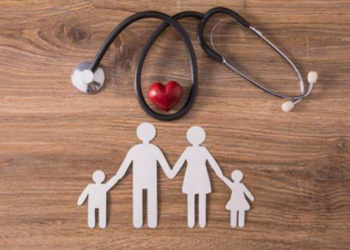“Consumers’ definition of ‘healthy’ is almost constantly changing,” Marie Molde, a registered dietician at Datassential, told The Food Institute. Today, eating healthy is about more than just weight loss.
“I think consumers are shifting from diets because they’ve learned that quick-fix approaches to health and wellness rarely or never work, and health and wellness is impacted by more than just what we eat,” said Molde.
Molde added that health should be addressed in a holistic way, “not just what we eat today but what we eat over several days, months and years matters, and even if we’re eating perfectly, if we’re not sleeping or managing stress, there will still be a missing link.”
As a dietitian practicing with a weight-inclusive lens, Harbstreet has also noticed this shift.
“I’ve seen a significant increase in the number of clients who seek support in healing their relationship with food after previously trying every diet under the sun,” she said.
She added that, as people realize their repeated attempts at weight loss haven’t yielded better health, they naturally start to look for alternatives.
“Dieting for the goal of health has become synonymous with dieting for weight loss, and our culture at large has conflated [weight and health] for many years,” Harbstreet continued. “However, we know there are numerous evidence-based practices and behavior change frameworks that can support better health without a disproportionate focus on the scale.”









